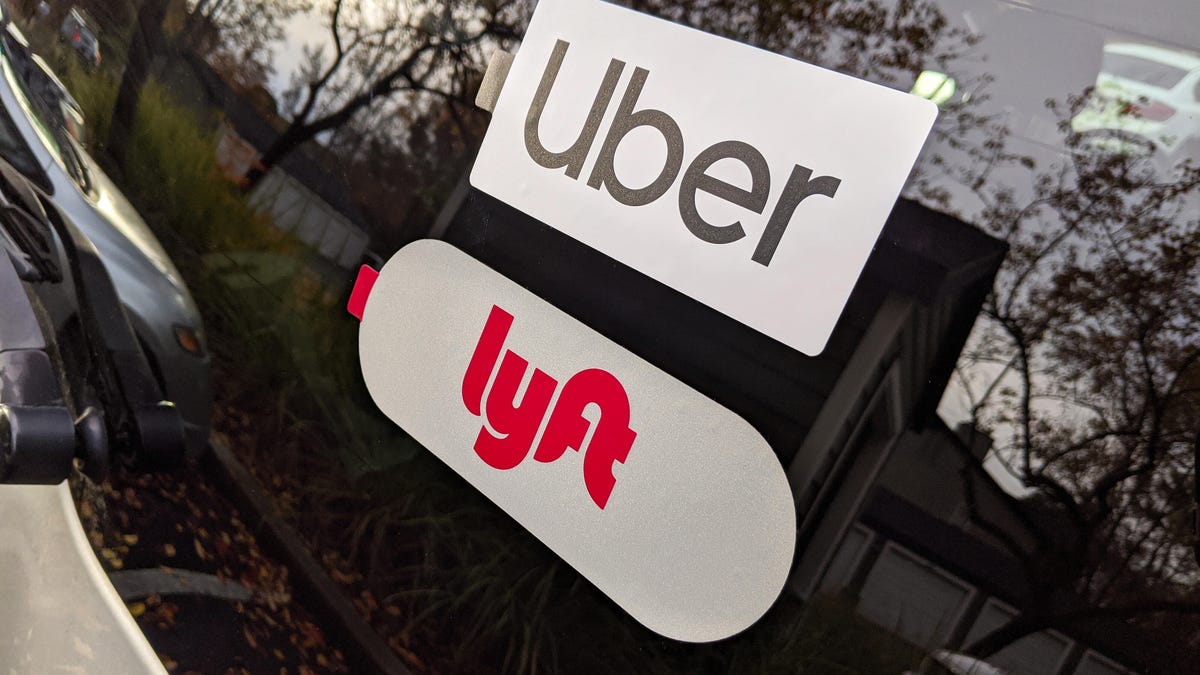House passes 'Sami's Law' named after woman killed by a fake Uber driver
Under the law, which now heads to the Senate, Uber and Lyft would have to adhere to new safety guidelines.

The US House of Representatives unanimously passed a bill called "Sami's Law" on Wednesday that's aimed at making ride-hailing services more secure.
The law was named after Samantha Josephson, a student killed by a fake Uber driver near Columbia, South Carolina. Sami's Law, which now heads to the Senate for a vote, would require companies like Uber and Lyft to strengthen their ride matching technology so that trips couldn't begin until riders and drivers confirm each other's identities.
Sami's Law was authored by US Rep. Chris Smith, who's a Republican congressman for New Jersey, where Josephson was from.
"It's bittersweet," Josephson's parents, Marci and Seymour, said in a statement. "We'd much rather have Samantha sitting with us here on the couch, but to create a law so nobody else gets hurt is a good thing."
The ride-hailing industry has been plagued by safety issues for years. Hundreds of passengers and drivers have come forward alleging sexual assault during rides, and several lawsuits have been filed against Uber and Lyft by people saying they were raped, kidnapped or groped by the service's drivers. Both companies have also had multiple issues with people posing as drivers and picking up unsuspecting riders.
Josephson unknowingly got into the wrong Uber car late on a Friday night in March 2019. Fourteen hours later, the 21-year-old was found dead in a wooded area about 90 miles away. Police later found that the child safety locks in the car were activated, which likely stopped her from being able to escape.
Along with making ride-hailing technology more geared toward safety, Sami's Law would establish a 15-member advisory council that reports to the Secretary of Transportation to advance safety standards in the industry. It would also make it illegal to sell any ride-hailing signage or stickers. Additionally, the US Government Accountability Office would have to create reports on incidences of assault and abuse during rides and examine the effectiveness of the companies' background checks on drivers.
"Sami's parents ... began pushing for comprehensive new protection policies at Uber and Lyft and legislation to ensure to the maximum extent possible that no one else ever loses her or his life or gets assaulted by a rideshare driver or a predator who pretends to be one," Smith said in a statement. "They have been a critically important part of the often-intense negotiations with multiple stakeholders including Uber and Lyft."
Both Uber and Lyft have partnered with the Josephsons and their foundation #WhatsMyName. The foundation focuses on raising awareness about passenger safety and pushing companies and lawmakers to create policies that make rides more secure. Part of the goal is to get people to ask "what's my name" before getting into any car.
"'Sami's Law' is another step in the ongoing work to help improve safety on rideshare by leveraging education and technology," Danielle Burr, Uber's head of federal affairs, said in a statement.
Burr added that Uber remains committed to doing its part to help keep passengers and drivers safe. Lyft's senior director of public policy, Dan Katz, said Lyft too will prioritize safety on its platform.

